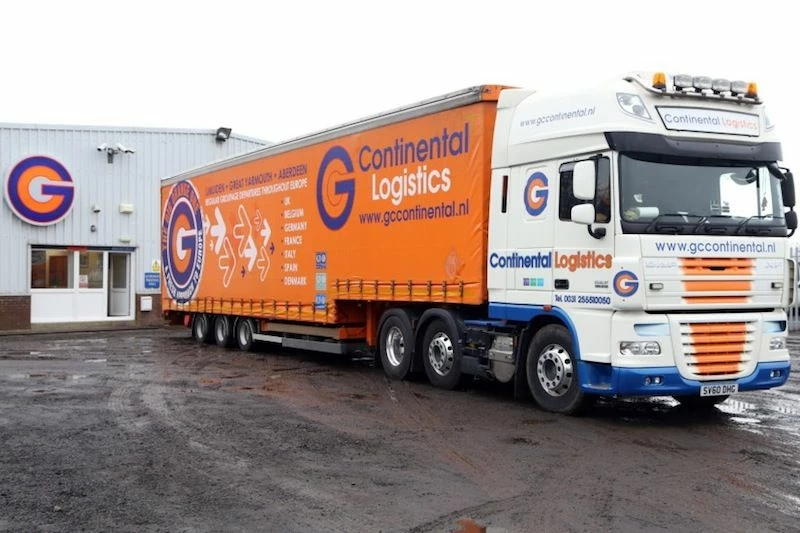
Partner Article
Oil price-fixing claims sparking heated debate
Gavin Murray, one of the founders of £15m turnover oil and gas haulage specialists Grampian Continental, gives us an industry view on fuel costs and the investigation into price fixing.
Reports that European anti-trust regulators are investigating claims that oil giants could have been linked to price-fixing for at least a decade is sparking heated debate among UK hauliers, who are already paying the second highest diesel prices in Europe.
Whatever the outcome of the investigation, there is no doubt that fuel prices set some big challenges for UK businesses like Grampian Continental, which operates across Europe and North Africa.
As specialist hauliers to the oil and gas industry, when oil prices rise and the sector is booming it’s good news for our business, but that same boom sends fuel costs up, so it’s a case of swings and roundabouts.
Our 120-strong fleet of trucks and trailers is capable of handling anything from a 1kg parcel to an 80-tonne offshore structure, so fluctuating fuel costs have a huge effect on our profitability. For instance on a 44 tonne articulated vehicle doing 70,000 miles a year, 35% of its total costs will be fuel. If diesel prices rise by 18.6%, the total vehicle operating costs on that one vehicle alone will rise by 6.5%.
Putting aside the thorny issue of fuel duty, prices fluctuate wildly across Europe. Filling up one of our vehicles near our base in Great Yarmouth at the minute costs us around £1.41 a litre, while a competitor in Luxembourg will pay the equivalent of £1.04. With a difference of almost 40% it’s very far from a level playing field, especially in a competitive market like haulage where margins are so tight.
Realistically, even with large vehicles costing upwards of six figures, fuel will always be our major cost base so as part of our continuous improvement process we are assessing the benefits of switching over part of our fleet to alternative fuels, and implementing best practice driving methods that save fuel on every trip.
We replace our vehicles on a planned cycle, so those doing short runs could potentially be switched over to electric versions, and we may even look at introducing some hybrid diesel-electric models.
Car manufacturers continue to drive innovation and look at develop alternative energy sources such as hydrogen fuel cells and bio fuels, which is great news for consumers, but these new and emerging technologies will take a long time to filter through to the large commercial vehicle market.
So as fuel prices and taxes continue to rise, we are focused on staying ahead of competitors by constantly improving efficiency and customer service, while looking for ways to cut costs and reduce emissions.
The end result is a better deal for customers and ultimately for consumers, and that’s good news for everyone.
This was posted in Bdaily's Members' News section by Grampian Continental .
Enjoy the read? Get Bdaily delivered.
Sign up to receive our popular morning National email for free.








 Raising the bar to boost North East growth
Raising the bar to boost North East growth
 Navigating the messy middle of business growth
Navigating the messy middle of business growth
 We must make it easier to hire young people
We must make it easier to hire young people
 Why community-based care is key to NHS' future
Why community-based care is key to NHS' future
 Culture, confidence and creativity in the North East
Culture, confidence and creativity in the North East
 Putting in the groundwork to boost skills
Putting in the groundwork to boost skills
 £100,000 milestone drives forward STEM work
£100,000 milestone drives forward STEM work
 Restoring confidence for the economic road ahead
Restoring confidence for the economic road ahead
 Ready to scale? Buy-and-build offers opportunity
Ready to scale? Buy-and-build offers opportunity
 When will our regional economy grow?
When will our regional economy grow?
 Creating a thriving North East construction sector
Creating a thriving North East construction sector
 Why investors are still backing the North East
Why investors are still backing the North East